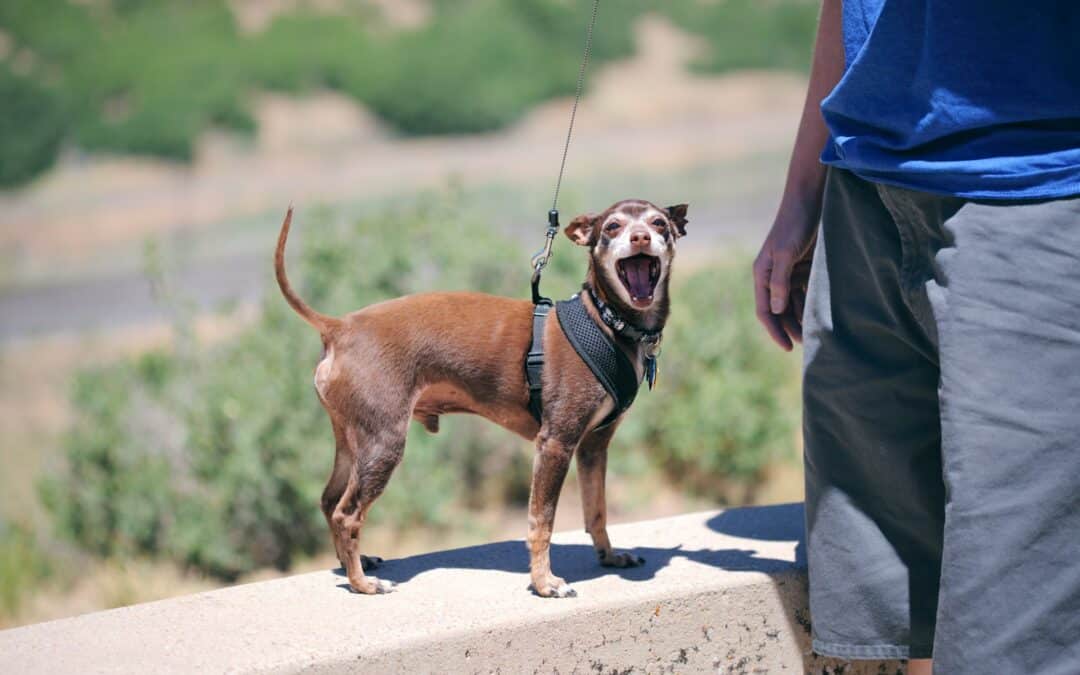As pets grow older, they often begin to suffer from health problems, frailty, and pain. If you have a senior pet, you may need to make some changes to help them live their best life. This might look like finding different ways to keep them active, making more frequent trips to the veterinarian for checkups, and even making changes around your home.
Take a look around—is your home safe for an older pet? If you’re not sure, check out these five tips on how to make your home safer and more accessible.
1: Add Extra Water Stations
Keeping your pets hydrated is an important part of caring for them. Dehydration can cause many different problems, and in senior pets it is more likely to cause irreversible damage or even death. Providing easier access to water by adding more water bowls around your home (especially in the places where your pet likes to hang out) can decrease their likelihood of dehydration.
2: Keep It Level
Climbing stairs or moving from one level to another can be painful for pets with arthritis in their joints and other ailments. “Level to level” doesn’t just mean the different floors of a home—we are also talking about moving from the floor to a bed or couch. Providing pet ramps to help your senior pet access their favorite pieces of furniture can help alleviate the strain of jumping and reduce the risk of accidental falls. And as far as different floors of the house are concerned, limiting your pet’s access to different levels will decrease the pain of climbing stairs.
3: Get a New Pet Bed
If it’s been a while since your pet got a new bed, it may be time for an upgrade. Pet beds might have lumps in odd places or minimal padding in others. Getting them a new bed can help ease pain by cushioning their bodies, and it will also make sleeping and relaxing more comfortable. Be sure to wash the bedding often, too! Older pets might suffer from bladder leaks, which can make beds unsanitary and smelly.
4: Additional Litterboxes or Pee Pads
Speaking of bladder leaks, your pet might need to urinate more frequently or be less able to make it to an appropriate place to urinate. For older cats, you might need to place extra litterboxes around your home. With elderly dogs, you might need to let them outside more frequently, or place pee pads on the floor just in case they don’t make it outside.
5: More Temperature Monitoring
Regulating body temperature can be difficult for senior pets. In colder months, this can lead to increased discomfort and a higher risk of hyperthermia. In hotter months, they have a higher risk of heatstroke and dehydration. Adjusting the temperature of your home can help your pet maintain a normal body temperature. You can also provide a snug area with extra cozy blankets and a space heater in the winter, or a shaded area with a fan in the summer.
Expert Care for Pets of Any Age
Senior pets need dedicated care, not only from their humans but from a veterinarian as well. They often need more frequent checkups, preventive treatment for chronic diseases, or specialized diets. Having a veterinarian you trust will help you get through the more difficult moments of caring for your pet as they age. Here at East Valley Animal Hospital, we offer expert veterinary care for pets in Gilbert, Arizona. Contact us today to schedule an appointment.
Images used under creative commons license – commercial use (1/31/25). Photo by Alexander Grey on Unsplash.

